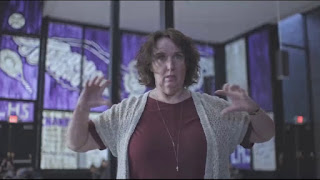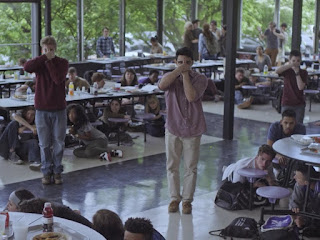When you first start writing your novel it's all new. You have an unbridled enthusiasm and are bursting with ideas. You can barely contain the words as they come trundling out.
Even some normal, mundane task like washing the dishes can bring forth another twist or thing to add to your story.
Then comes the inevitable (at least for me) mid-novel slump where you start to question everything.
Have you chosen the right story?
Is the main character you crafted the kind that will appeal to readers?
Are you even the right person to write this novel?
Doubt hits you like a sledge hammer. This is the stage where you're just as likely to trash your manuscript as submit it to a publisher or agent.
Step away from that novel. Have a break. Have a holiday even if its just from your novel.
Give yourself some distance before you start to edit your novel. Your finished product will thank you.
Before you get down to the final edit after you've set the book aside for some timehere are two things you must do-
1. Print the whole book out - Often on screen you see what should be there instead of what is actually there. That's why it's a good idea to have a hard copy in front of you.
Tip - If you want to be environmental friendly try putting your book on your tablet or mobile phone to edit it. You will notice any mistakes better if you fo this.
2. Cut what doesn't work - It may be one of the best bits of writing you've ever produced, but does it work in this novel?
Be ruthless.
Ditch it. Don't look back.
Good luckxxx















